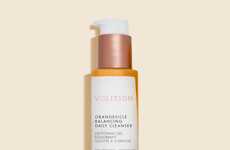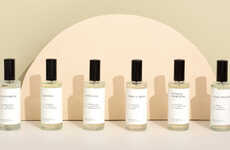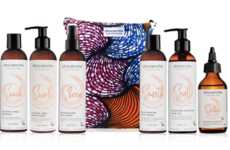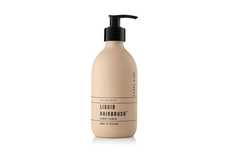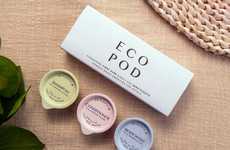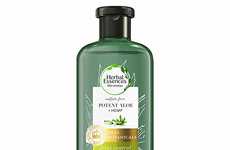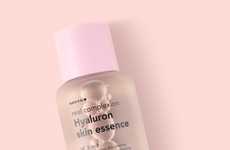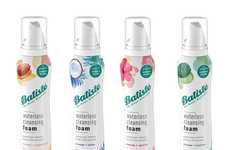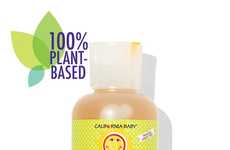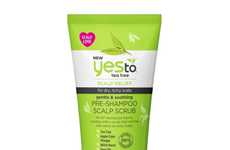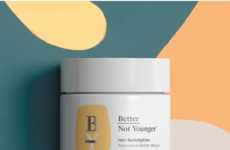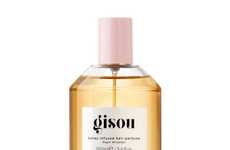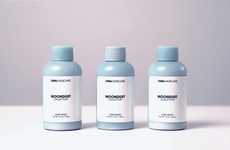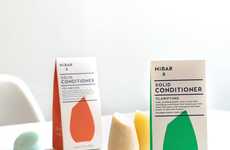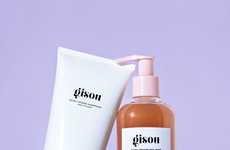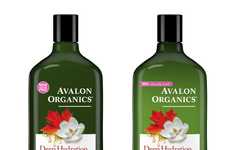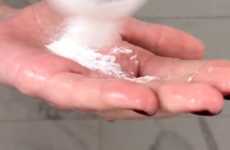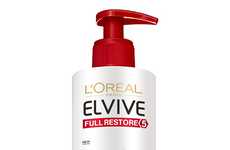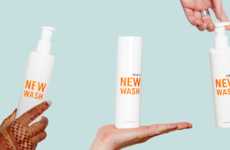
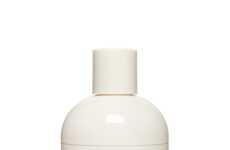
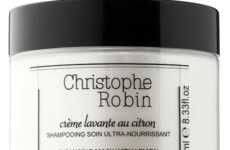

Brands are marketing haircare products that are "no-poo" or "low shampoo"
Trend - The "No-Poo Routine" was popularized in recent years by bloggers who switched to using just water or homemade remedies when washing their hair. The movement originated from the fact that traditional shampoos are detergents that are harmful to one's scalp and hair. Brands are following suit by marketing shampoo-free or low-shampoo hair washes that work to cleanse and protect one's hair and scalp.
Insight - The movement for wellness in the beauty industry has made consumers more conscious about what they expose their bodies to during their self-care routines. In this space, many are turning to more holistic approaches and making it a priority to stay away from chemically derived ingredients. This is partly due to possible bodily sensitivity or encouraged by an all-natural mentality, both of which create a demand for new and improved formulas that reimagine traditional options in holistic ways.
Insight - The movement for wellness in the beauty industry has made consumers more conscious about what they expose their bodies to during their self-care routines. In this space, many are turning to more holistic approaches and making it a priority to stay away from chemically derived ingredients. This is partly due to possible bodily sensitivity or encouraged by an all-natural mentality, both of which create a demand for new and improved formulas that reimagine traditional options in holistic ways.
Workshop Question - How might your brand create a more holistic version of your product?
Trend Themes
1. Holistic Beauty - Consumers are turning to more holistic approaches and making it a priority to stay away from chemically derived ingredients, creating a demand for new and improved formulas.
2. Sulfate-free Cleansers - Shampoo and conditioner alternatives are growing in popularity, especially in the form of sulfate-free cleansers.
3. Low-shampoo Alternatives - Consumers with damaged hair or sensitive scalps are seeking no-poo or low-shampoo alternatives when it comes to hair care.
Industry Implications
1. Personal Care - The movement for wellness in the beauty industry has increased demand for more holistic and natural forms of personal care products.
2. Subscription Services - Introducing reusable packaging and subscription services is becoming a new disruptive innovation opportunity in the personal care industry.
3. Sustainability and Ethical Ingredients - Consumers are increasingly conscious of the impact of their purchases and are seeking sustainable, ethically made, and good-for-you formulas.


